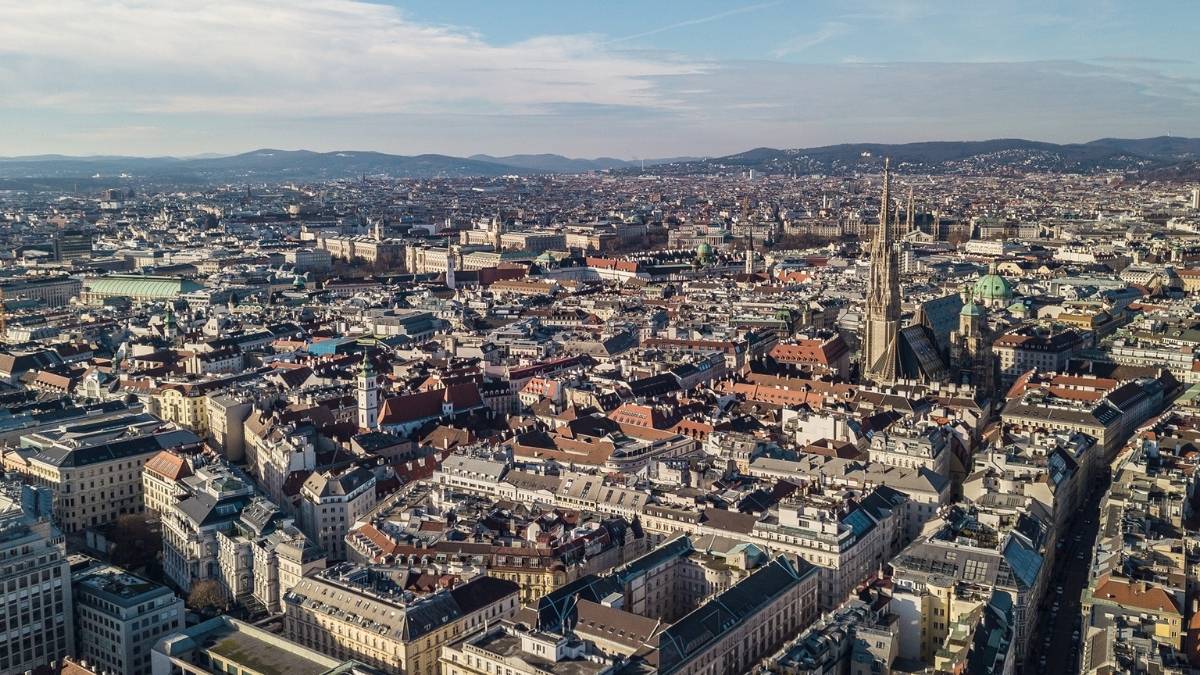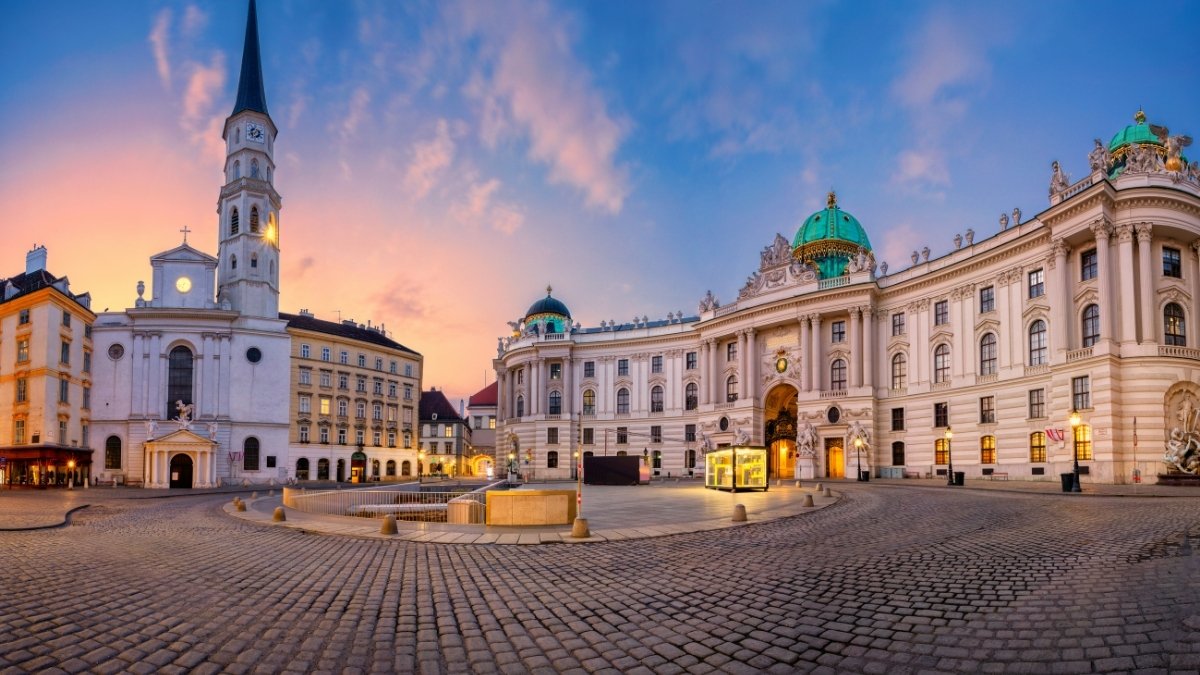Capital of Austria: Austria is a landlocked country located in Central Europe, bordered by eight countries: Germany to the north, the Czech Republic to the northwest, Slovakia to the east, Hungary to the southeast, Slovenia and Italy to the south, and Switzerland and Liechtenstein to the west. The capital of Austria is a city renowned for its rich cultural heritage, architecture and historical significance.
It is situated in the eastern part of the country on the banks of the Danube River. Let us explore more about the capital city of Austria, through this blog.

(Credits: TerraHunt, Austria's Capital City, Vienna)
What Are the Two Capitals of Austria?
Austria is known for its stunning alpine landscapes, music, art, and philosophy. The country’s capital, Vienna, is a city renowned for its classical music legacy, having been home to composers like Mozart, Beethoven, and Strauss. Vienna stands as Austria's largest city and serves as its political, economic, and cultural heart.
Vienna and Budapest: The Two Capitals of the Dual Monarchy
After the 1867 Compromise, Austria-Hungary became a dual state with two capitals:
-
Vienna: Capital of the Austrian half (Cisleithania), home to the Imperial Council and the k.-k. (imperial-royal) administration.
-
Budapest: Capital of the Hungarian half (Transleithania), home to the Hungarian Diet and the royal Hungarian government.
Both cities governed their own internal affairs independently, sharing only a few common ministries like foreign affairs, war, and finance.
What is the History of Austria’s Capital, Vienna?
Vienna's prominence dates back to the 12th century, but it reached its zenith during the Habsburg Monarchy. It became the seat of the Holy Roman Empire and later the Austro-Hungarian Empire.

This imperial legacy is evident in the city's grand palaces, such as the Hofburg and Schönbrunn, which showcase its historical opulence. Even after the dissolution of the Austro-Hungarian Empire in 1918, Vienna retained its status as Austria's capital.
Where is Vienna geographically located?
Vienna is located in the eastern part of Austria, near the borders with Slovakia and Hungary. Its position along the Danube River has historically made it a central hub for trade and cultural exchange in Europe. The city's architecture reflects this blend of influences, with structures ranging from Gothic cathedrals to Baroque palaces.
What is the Cultural Significance of Vienna?
Often referred to as the "City of Music," Vienna has been home to some of the world's most celebrated composers, including Ludwig van Beethoven, Wolfgang Amadeus Mozart, and Johann Strauss. The city's musical heritage is preserved in its esteemed institutions like the Vienna State Opera and the Vienna Philharmonic Orchestra. Beyond music, Vienna boasts a vibrant arts scene, with numerous museums, galleries, and theatres enriching its cultural landscape.
How is the Quality of Life in Austria’s Capital, Vienna?
Vienna consistently ranks high in global liveability indices, celebrated for its clean streets, efficient public transport, and abundant green spaces. The city's commitment to sustainability and quality urban planning ensures a high standard of living for its residents. Its blend of imperial history and modern amenities makes Vienna a desirable place to live and visit.
What is the International Role of the Capital of Austria?
As the capital of Austria, Vienna plays a pivotal role on the international stage. It hosts numerous international organisations, including the United Nations Office at Vienna and the Organisation of Petroleum Exporting Countries (OPEC). The city's strategic location and diplomatic significance make it a key player in global affairs.
Conclusion
In conclusion, Vienna stands as a testament to Austria's rich history and cultural vibrancy. Its blend of historical landmarks, cultural institutions, and modern amenities makes it a city of both past grandeur and contemporary relevance.
Also Read: U.S. Fall Foliage Train Rides: Science & History
Best 7 U.S. National Parks to see the Fall Foliage
10 Facts about the U.S. National Guard Members, Check Here!
To see more of such stories, you can go ahead and add this site to your preferred sources by clicking here.
Comments
All Comments (0)
Join the conversation